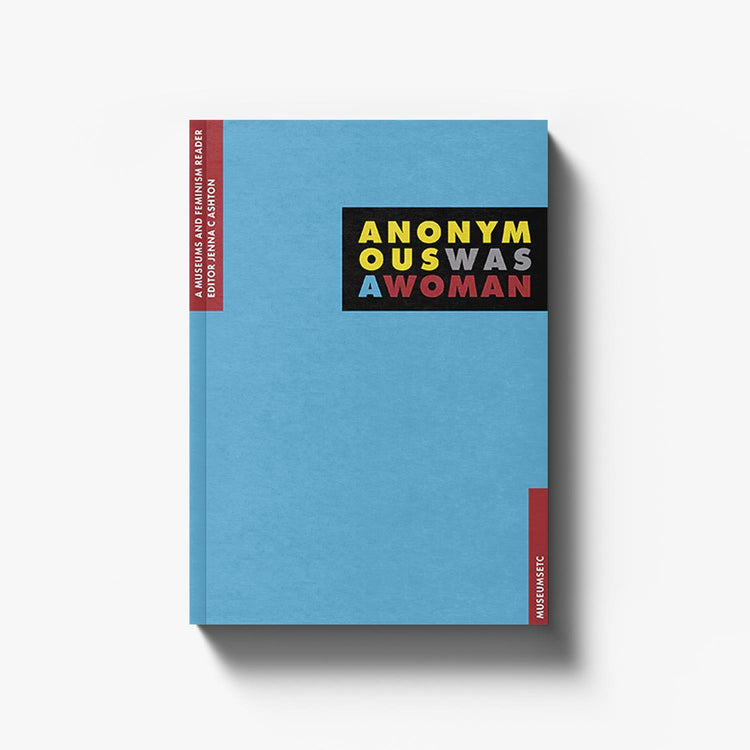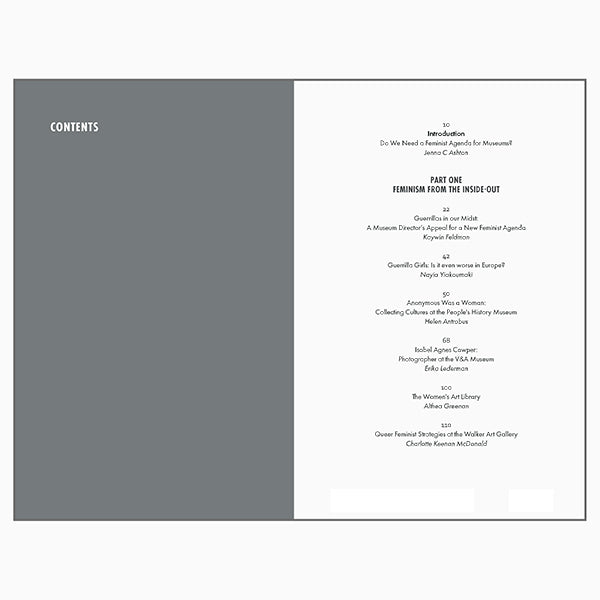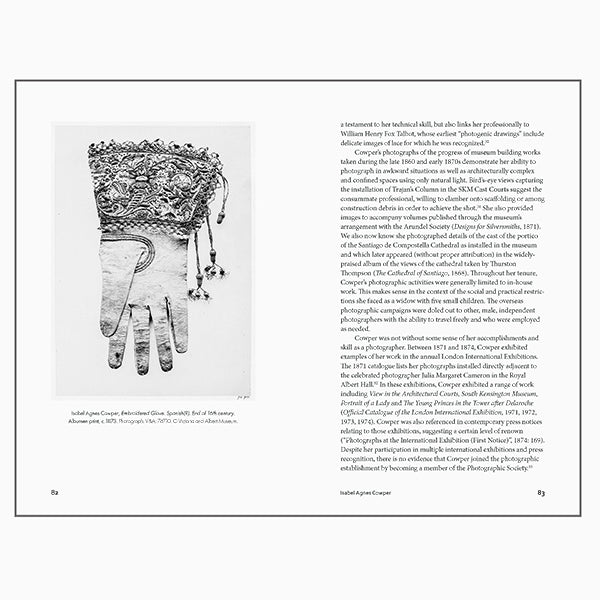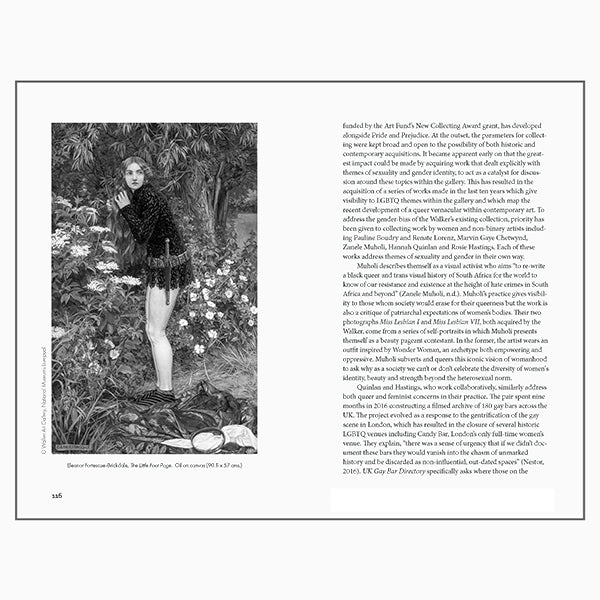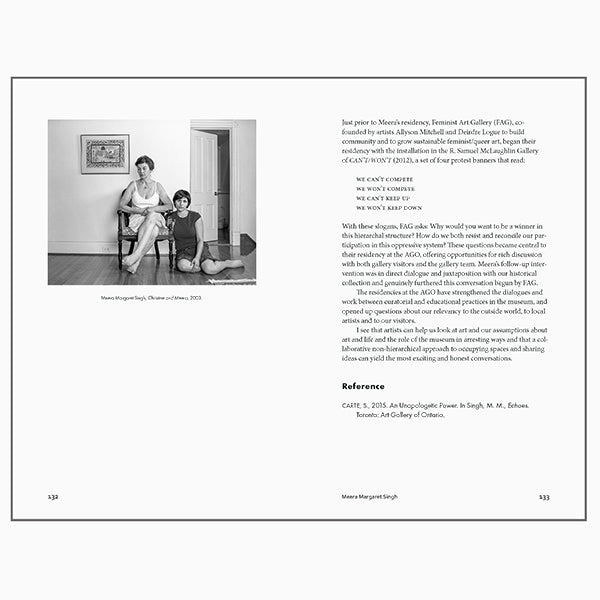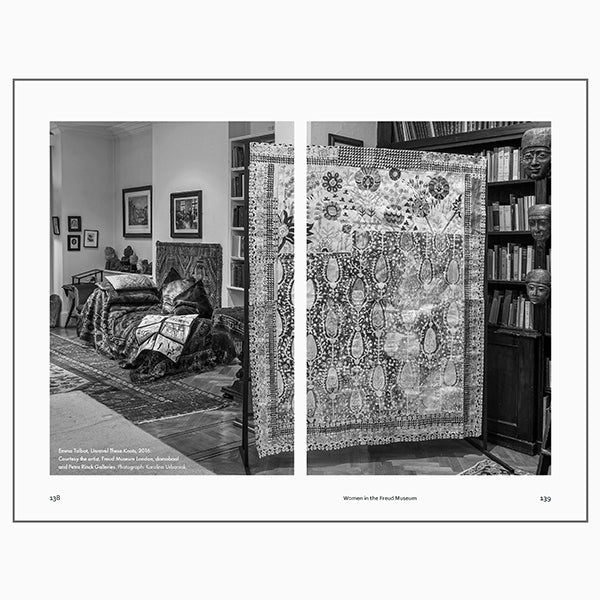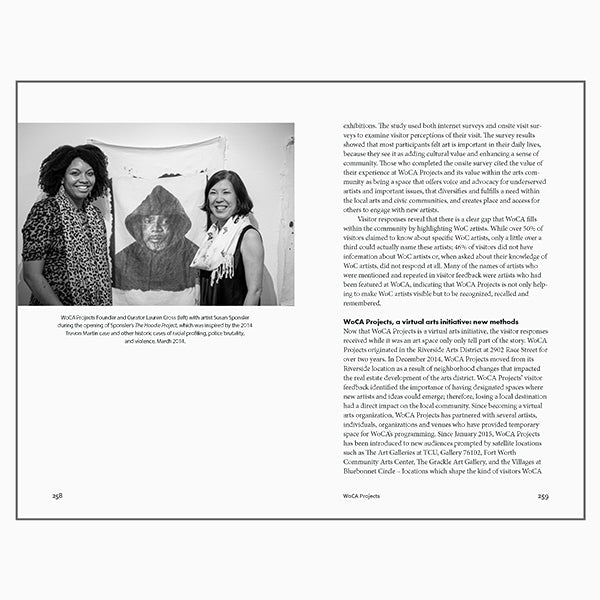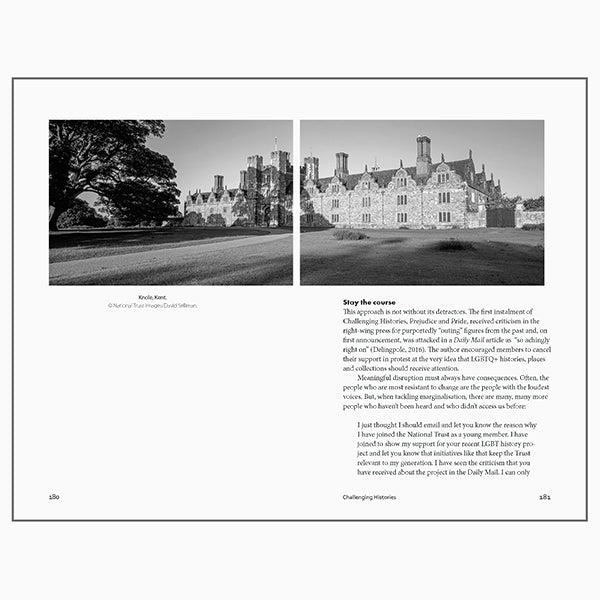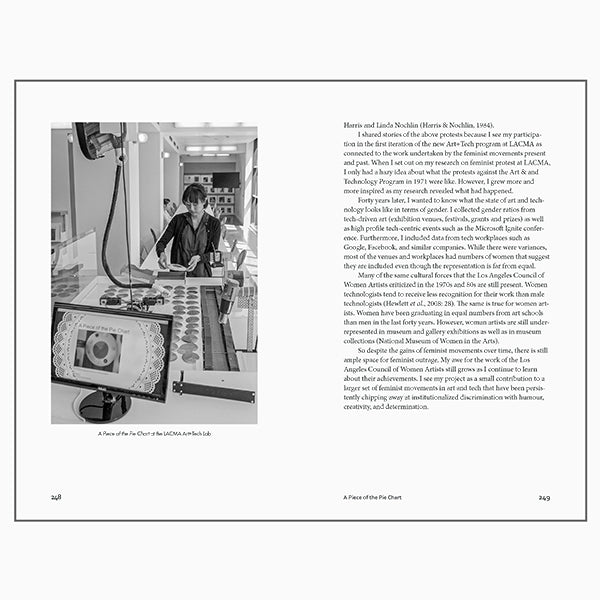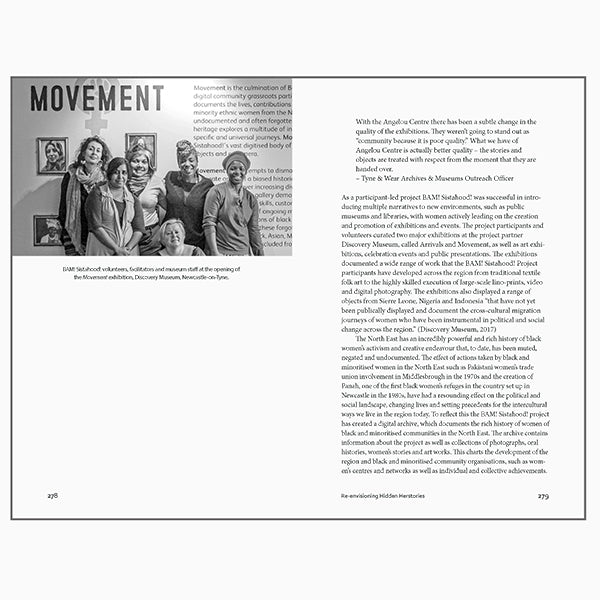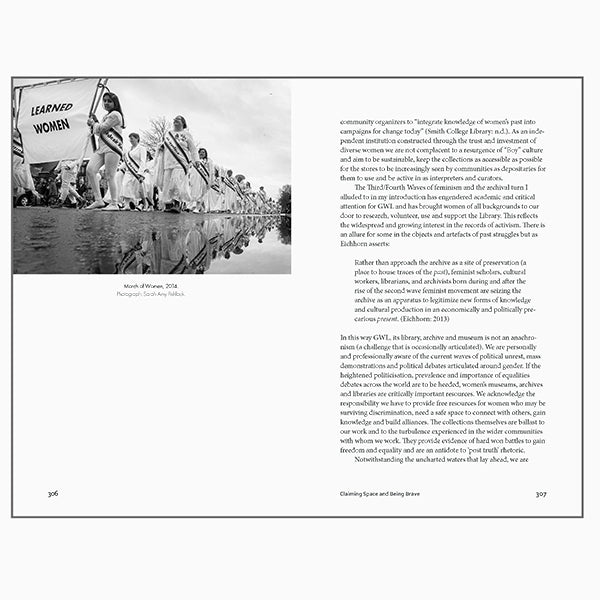Description
Contents list
More
Less
Editor
More
Less
Reviews
More
Less
Data
More
Less
Shipping Information
More
Less
Photography Collection
We charge just £5 for worldwide shipping on all our printed books.
Digital Editions
Digital items are sent immediately and automatically via email with a link to download your purchase.
Taxes and customs
Please note that printed books which are shipped may incur import duty or taxes, which vary according to country, and which are payable by the receiver.
European & International orders
When ordering goods for delivery you may be subject to import duties and taxes which are levied once the goods reach the destination. Any such additional charges for customs clearance must be borne by you. We have no control over import duties and taxes and cannot predict what they may be.
Description
Feminism is a social justice movement that aims to end sexism, sexist exploitation, and oppression - and to change society for the better, for all.
Alongside class and race, gender fundamentally shapes our perceptions and beliefs. But issues of sex and gender are still largely ignored in many museums and galleries: the inequalities that exist in society are replicated in museum practice. And, in turn, these practices reinforce and reaffirm social inequality.
Anonymous Was A Woman is a 300-page positive, inspiring, practical reader, focusing on actions being taken within museums (including the Art Gallery of Ontario, Detroit Institute of Arts, Minneapolis Institute of Art, National Museums Liverpool, V&A and the Whitechapel Gallery) to address these issues, as well as new initiatives aiming to impact and change museums from the outside.
Featuring carefully selected texts from our two-volume Feminism and Museums, this book has a new Introduction by editor Jenna C Ashton, and each text has been reviewed and updated by the author.
Contents list
Editor
Reviews
Data
Shipping Information
Photography Collection
We charge just £5 for worldwide shipping on all our printed books.
Digital Editions
Digital items are sent immediately and automatically via email with a link to download your purchase.
Taxes and customs
Please note that printed books which are shipped may incur import duty or taxes, which vary according to country, and which are payable by the receiver.
European & International orders
When ordering goods for delivery you may be subject to import duties and taxes which are levied once the goods reach the destination. Any such additional charges for customs clearance must be borne by you. We have no control over import duties and taxes and cannot predict what they may be.
You May Also Like
























